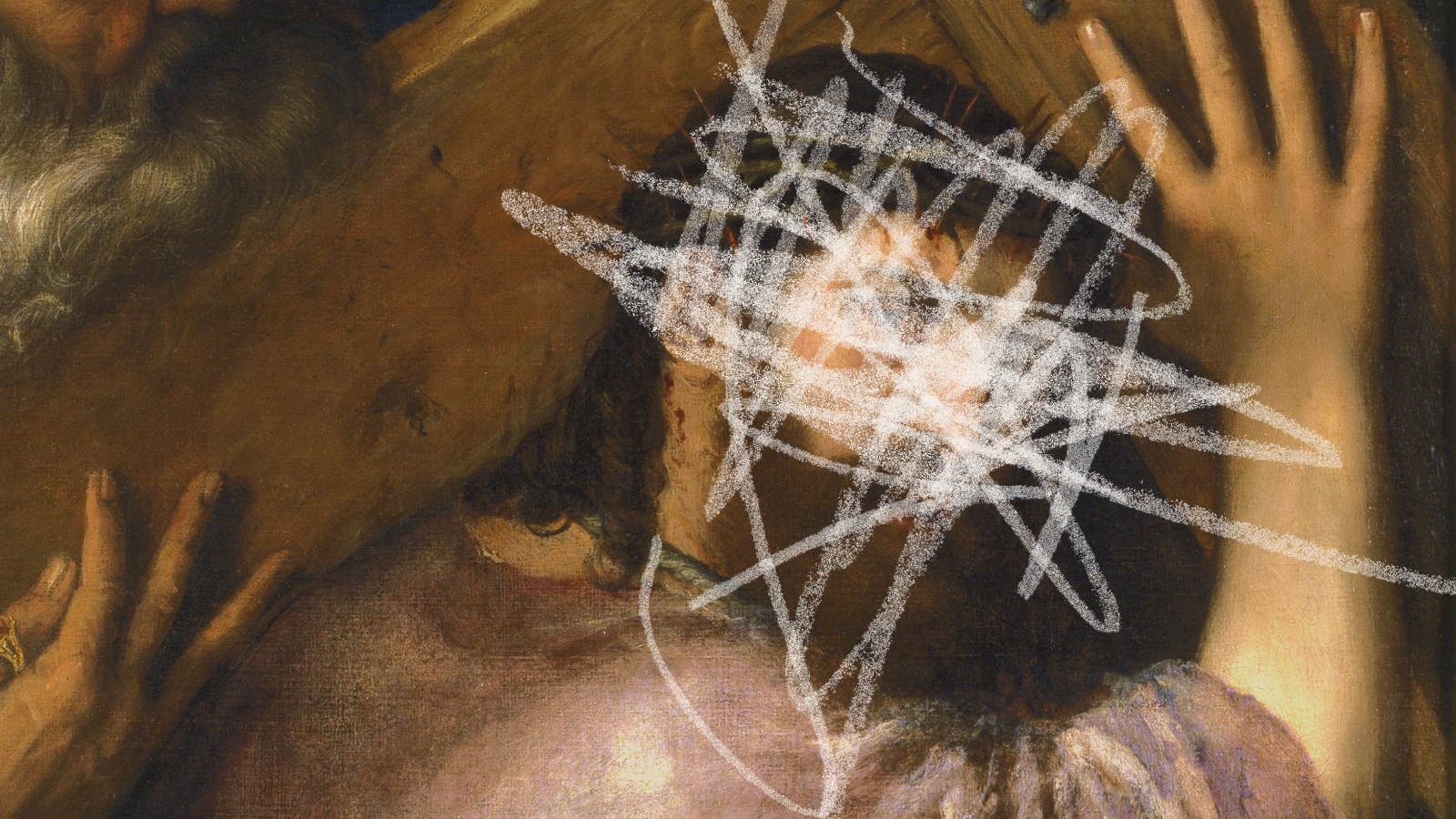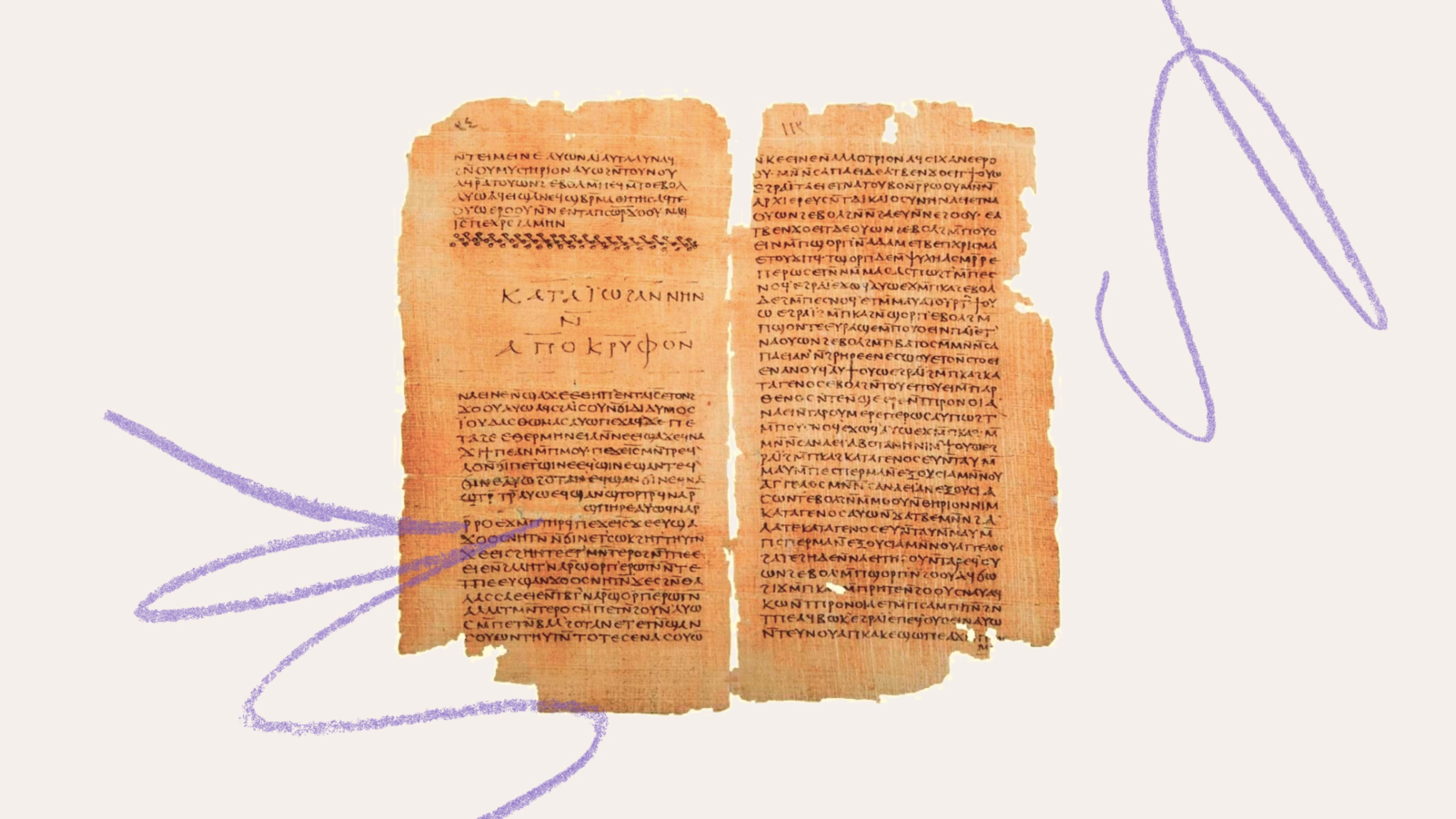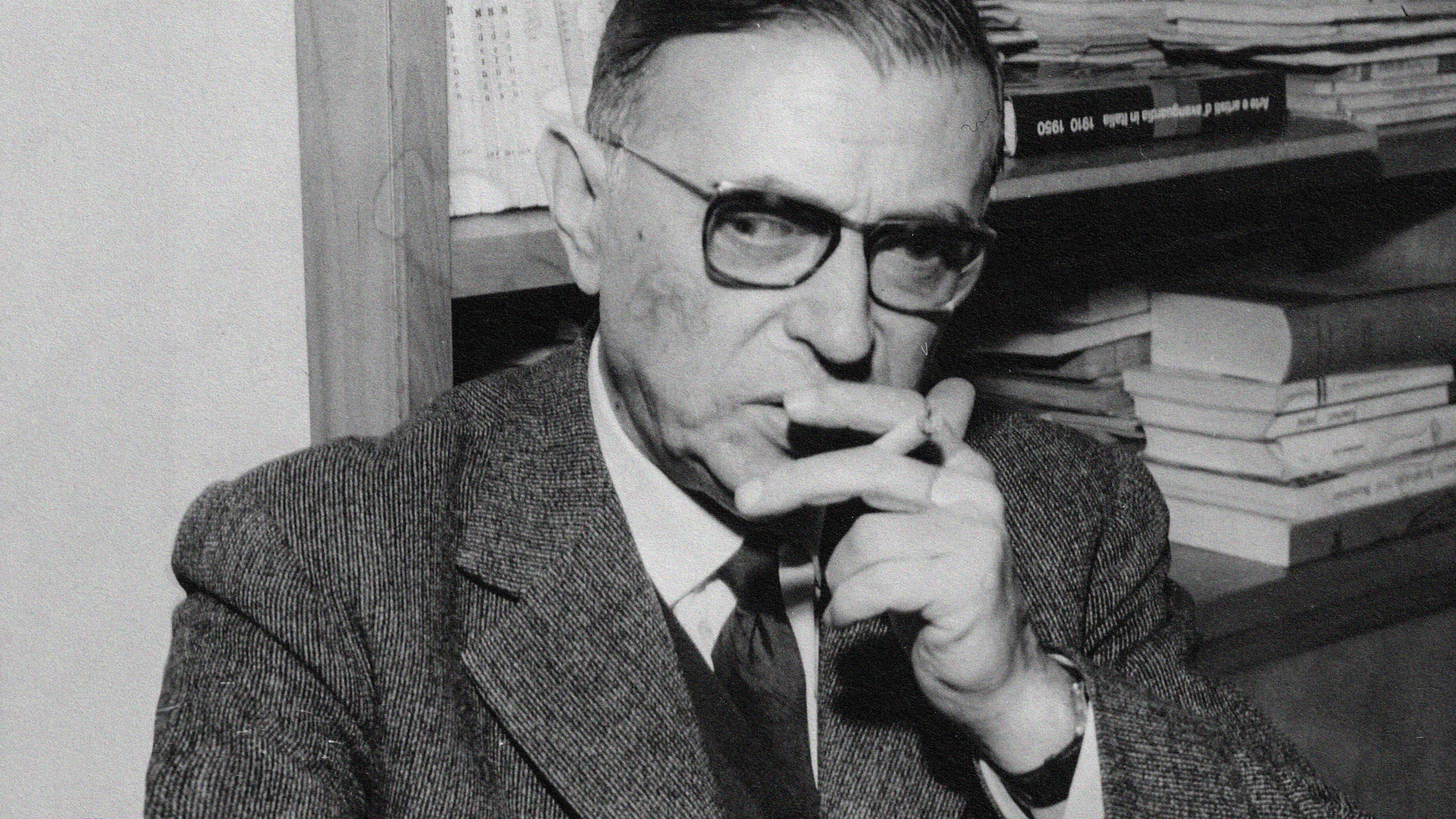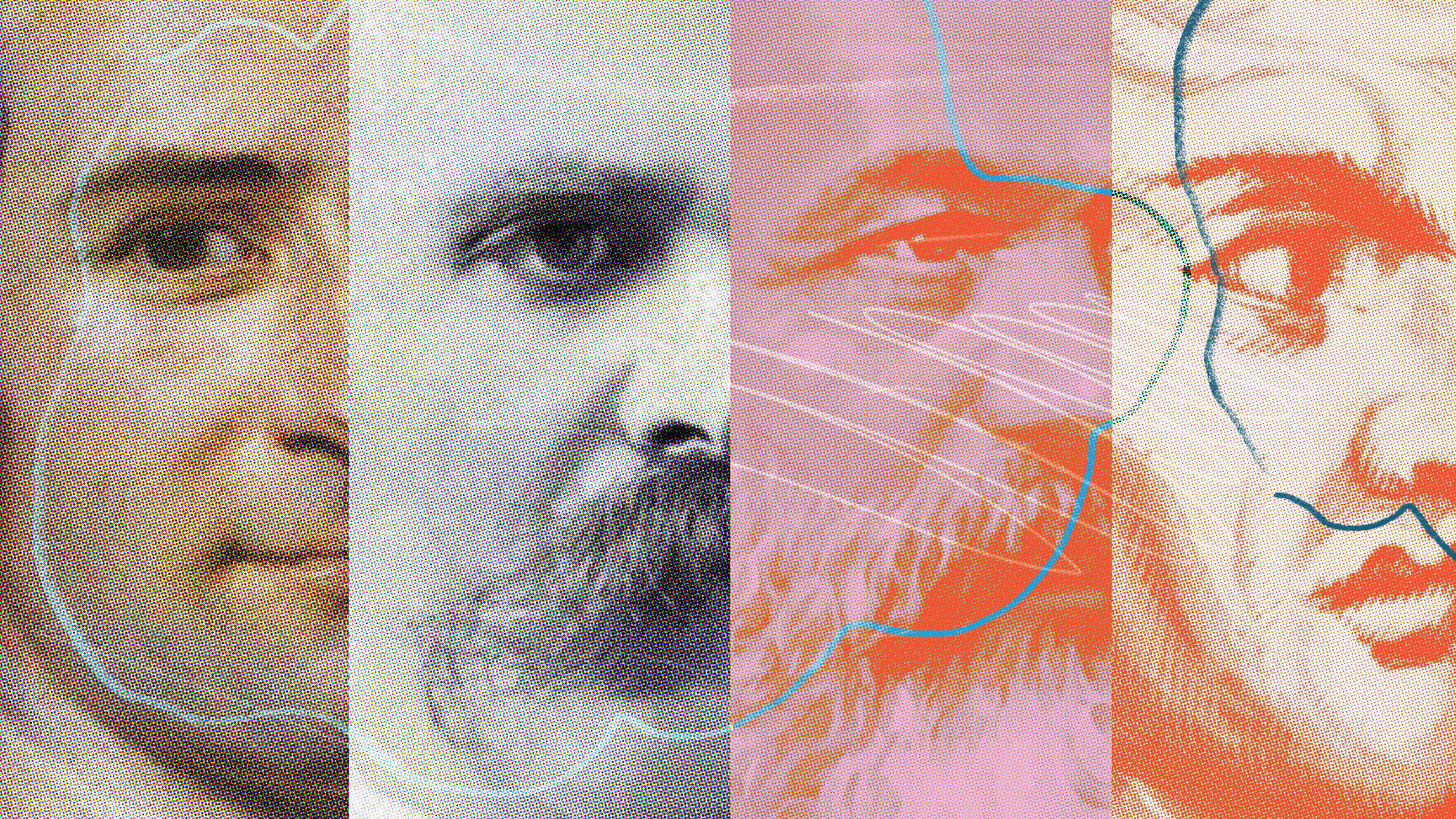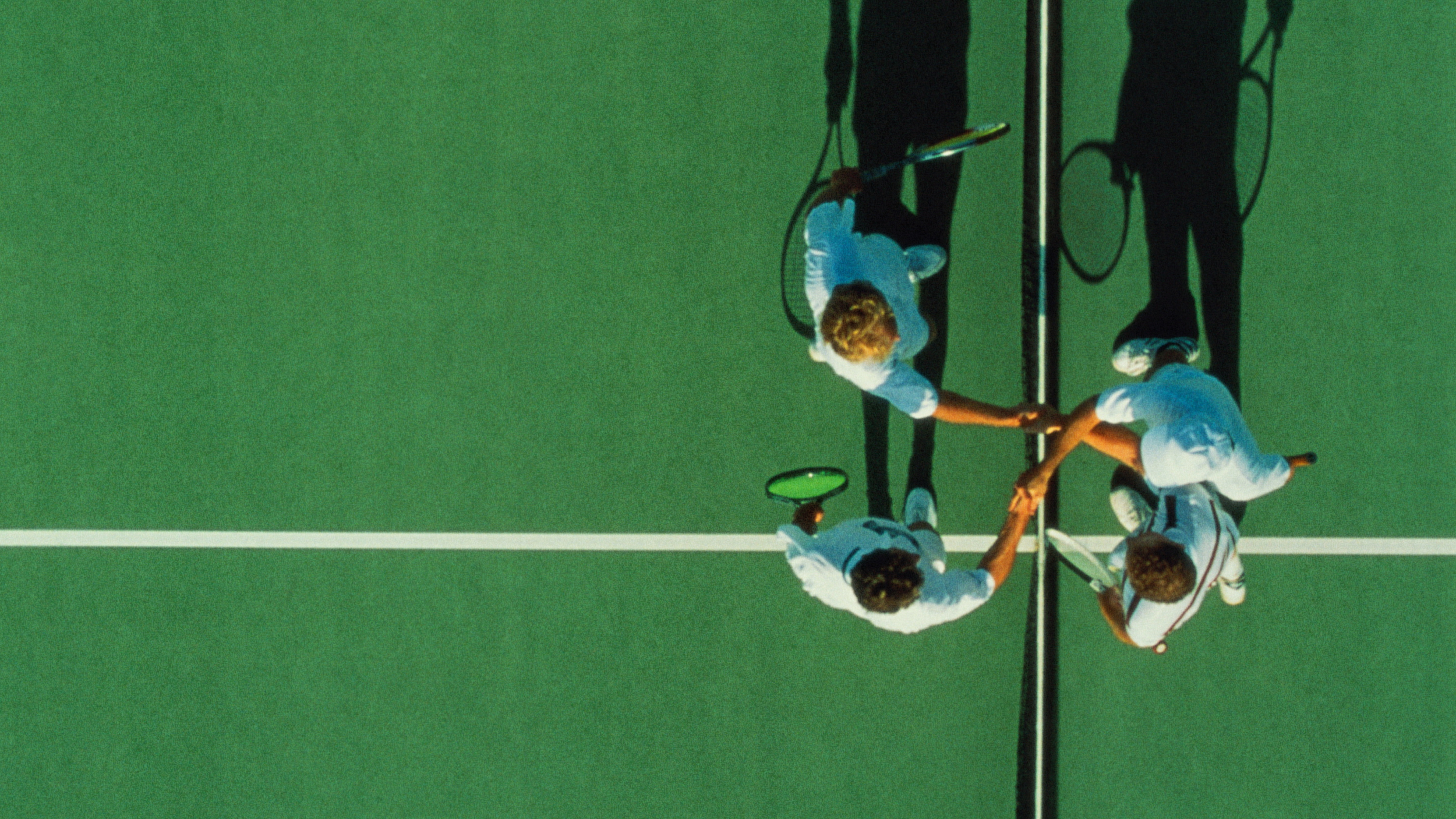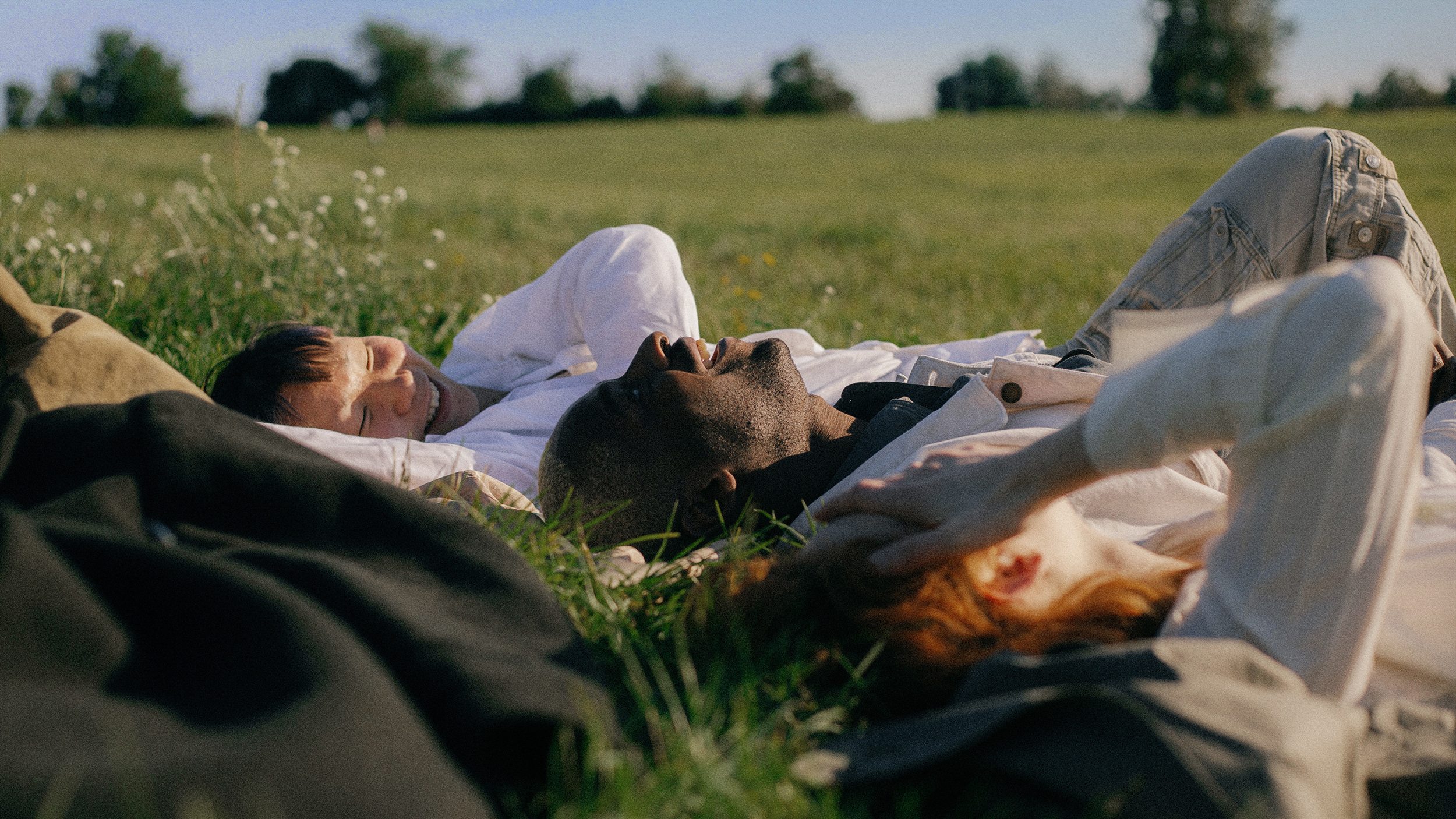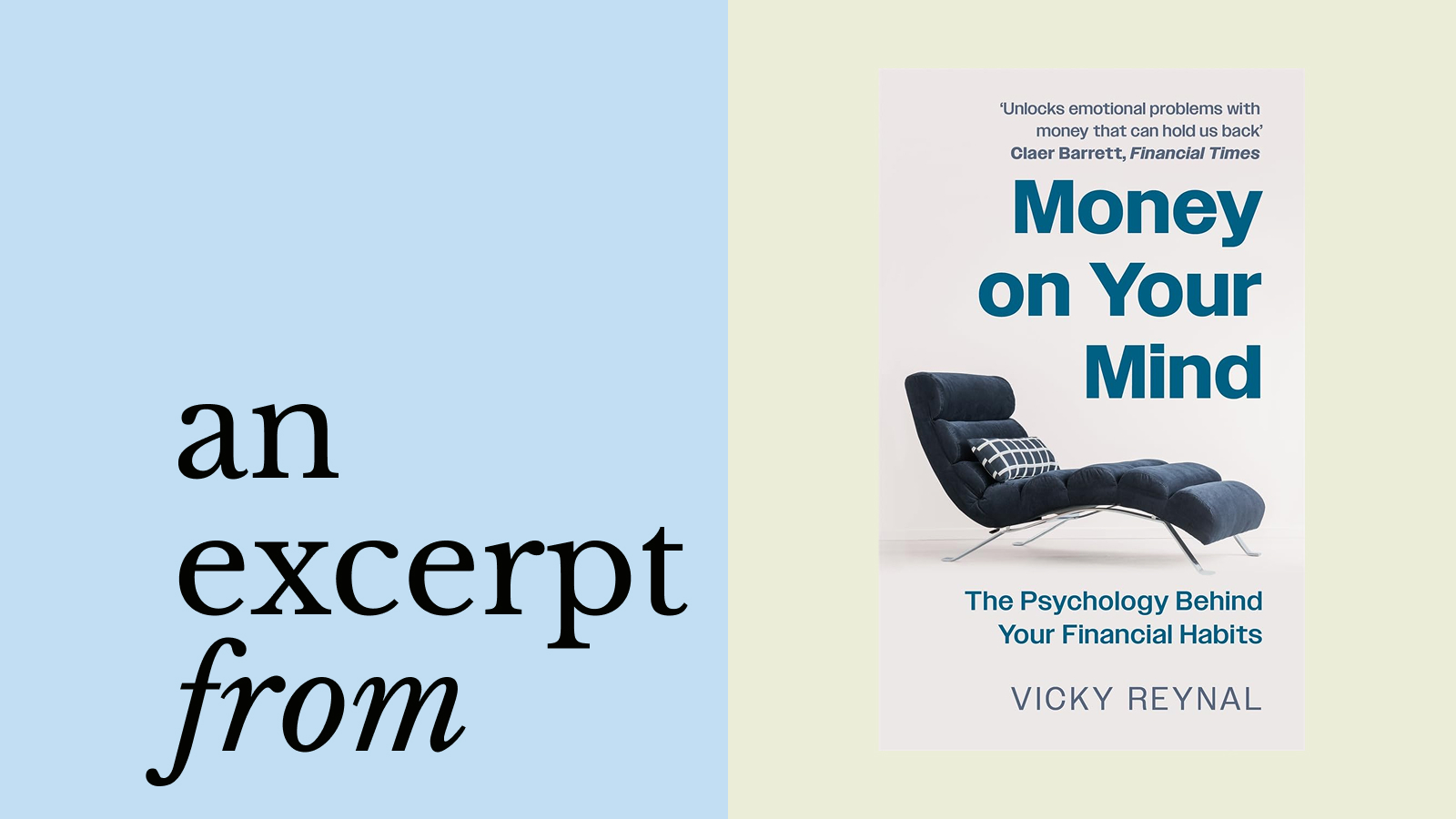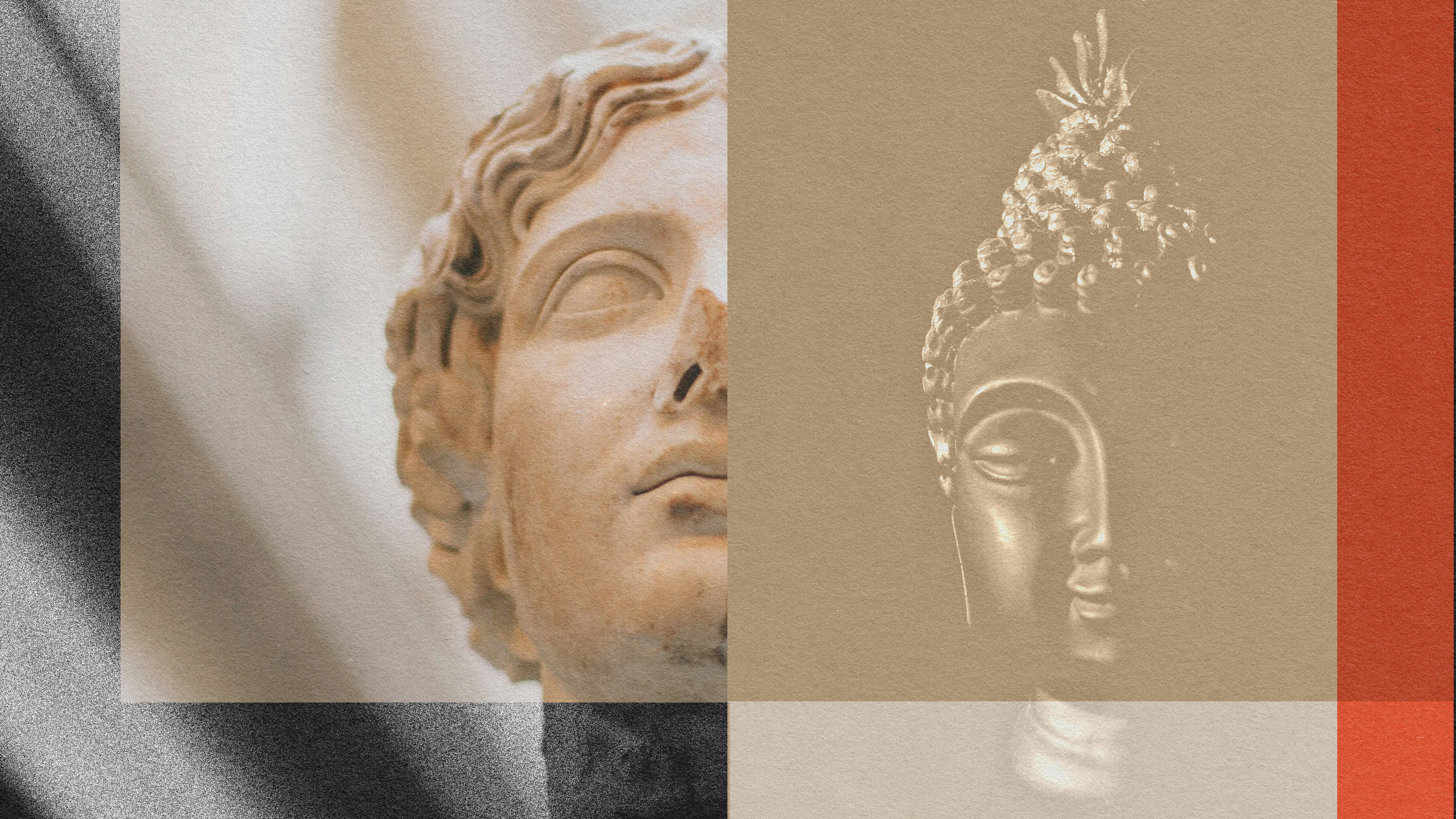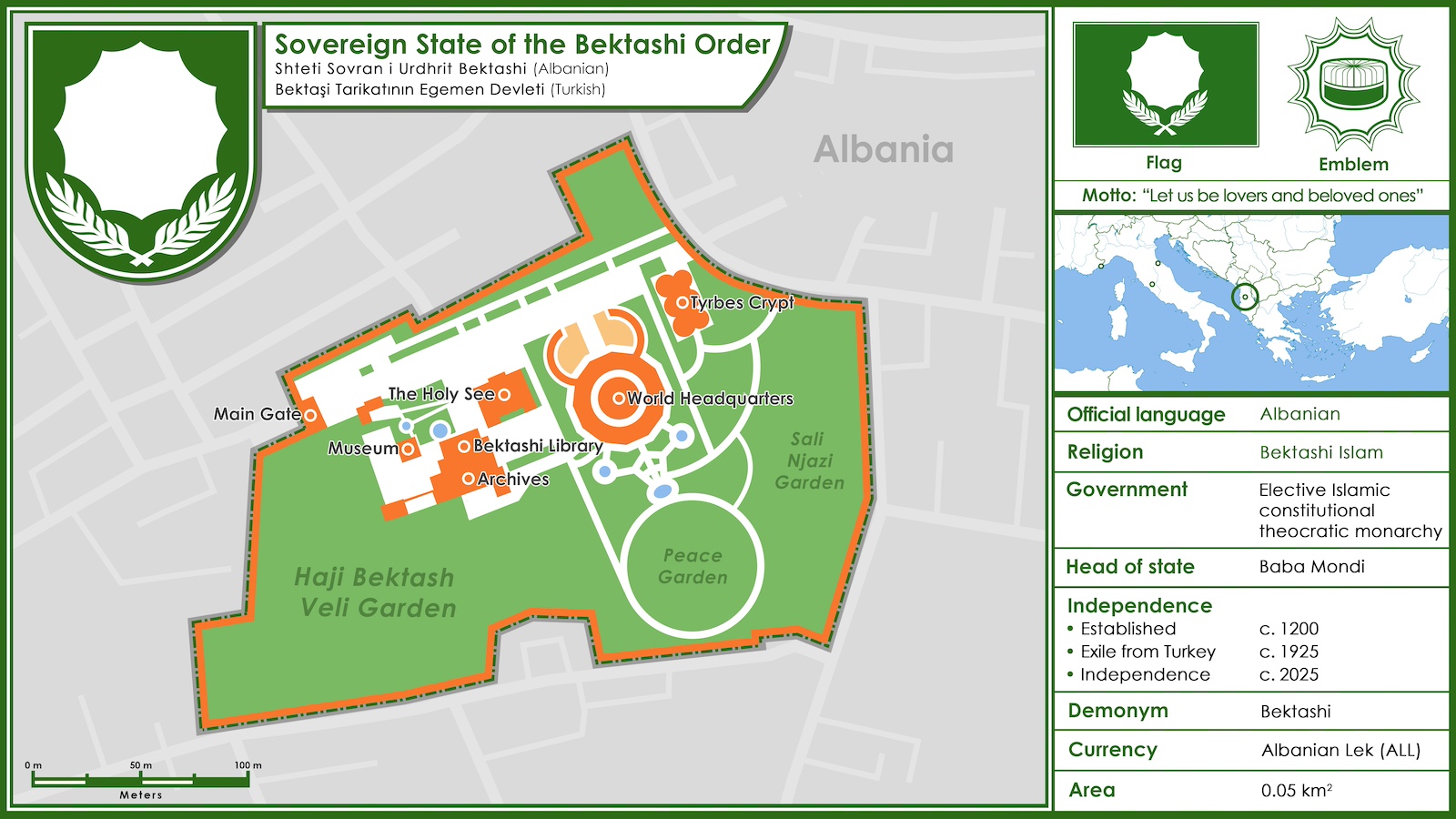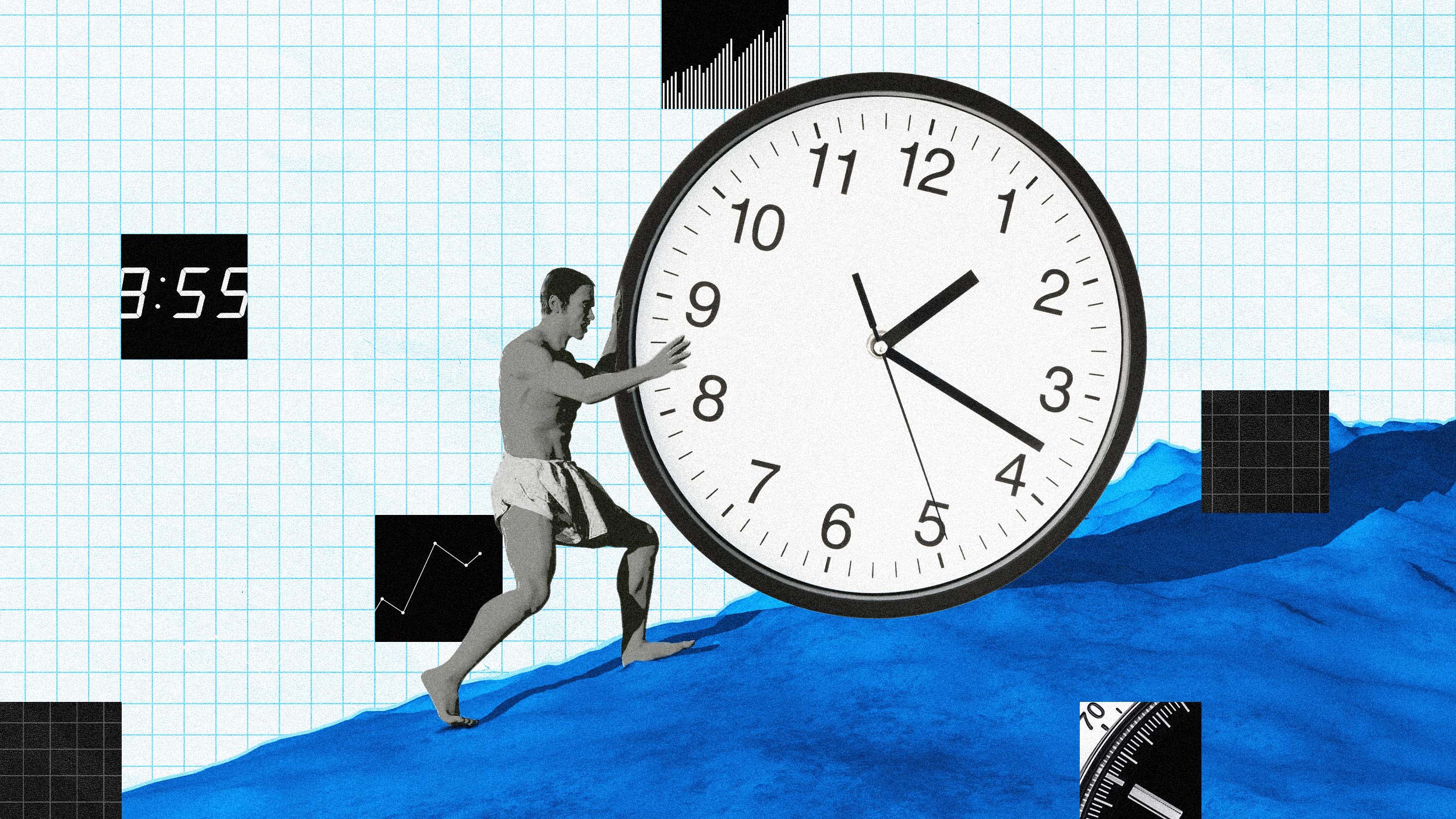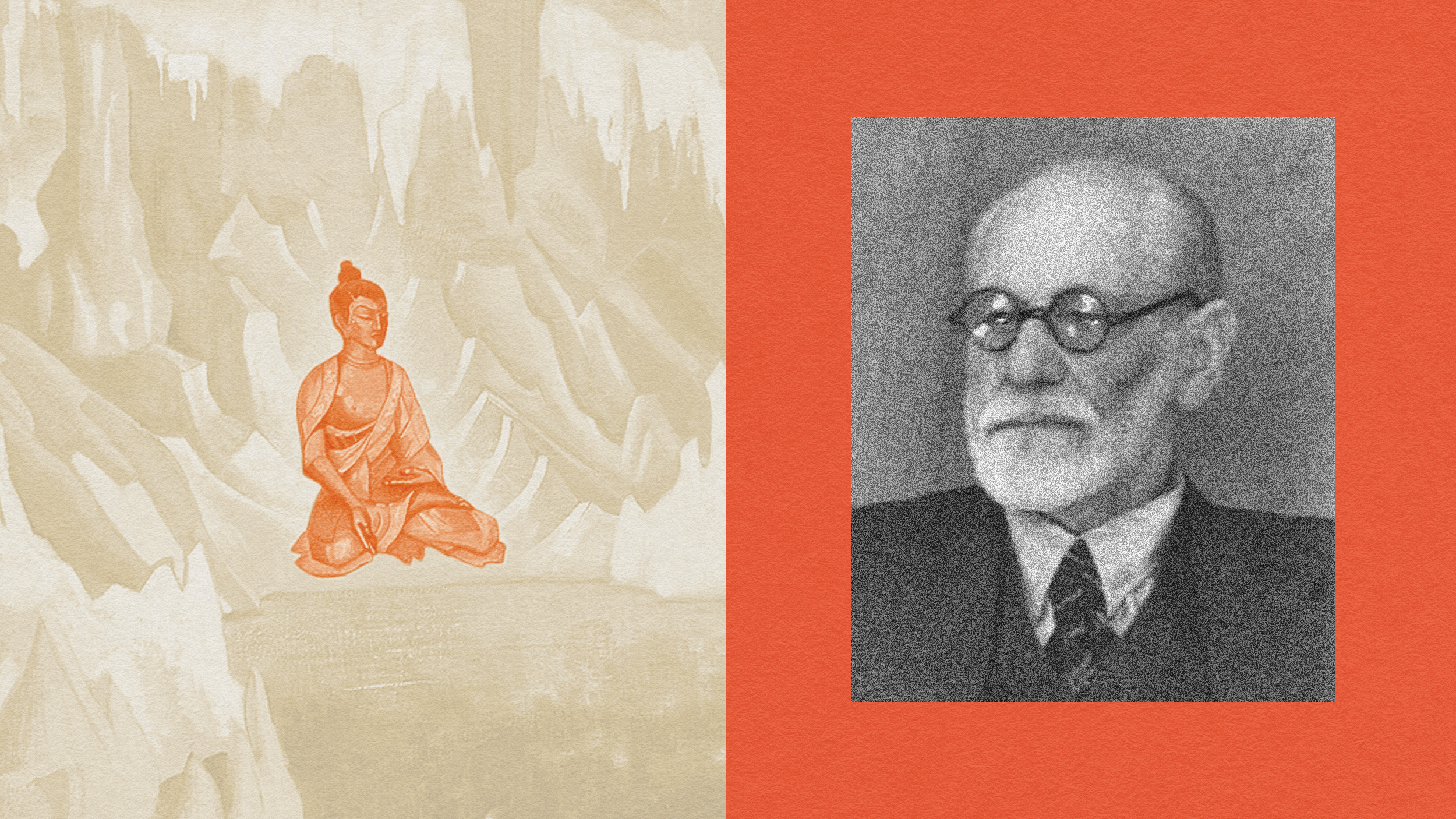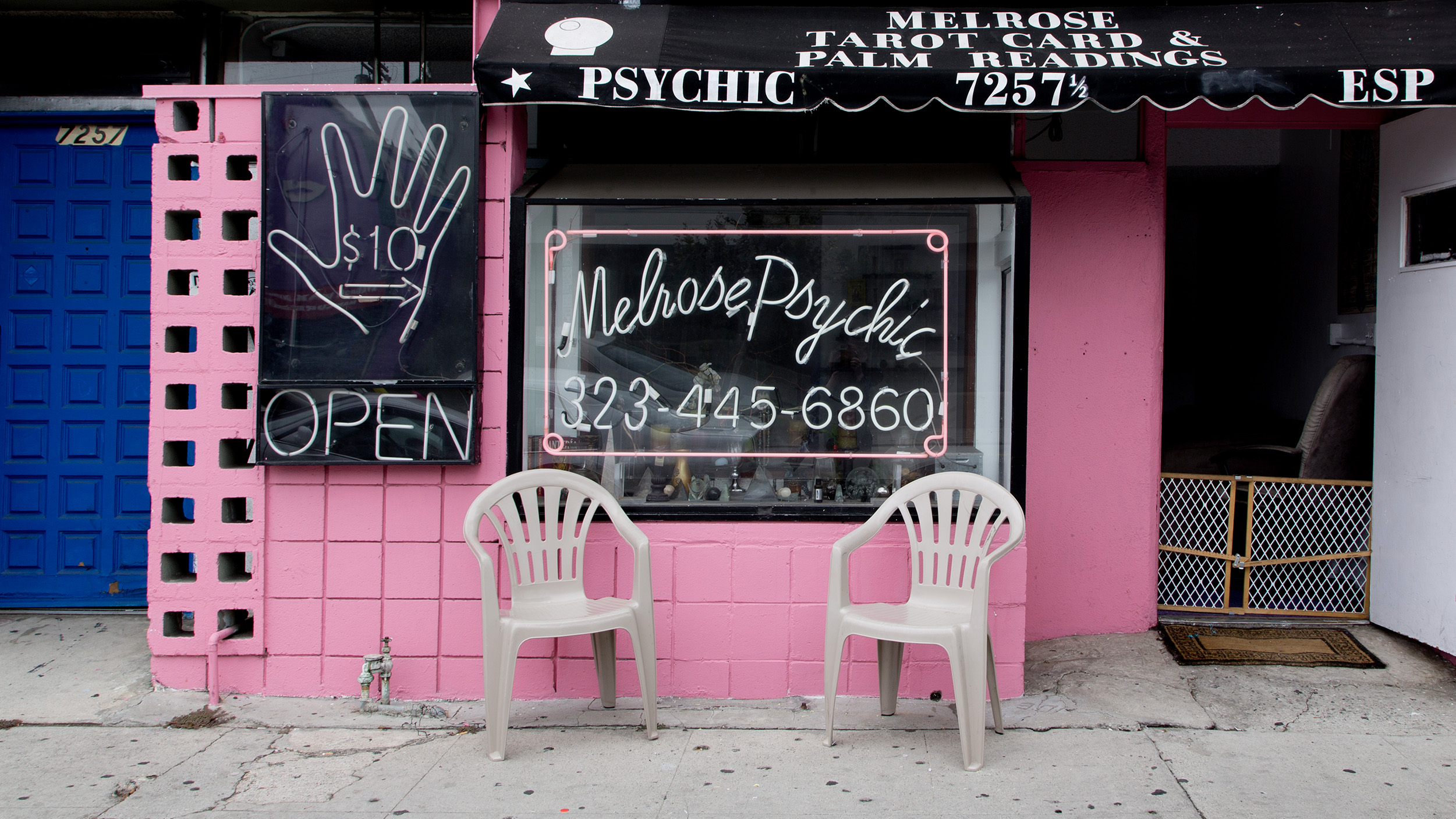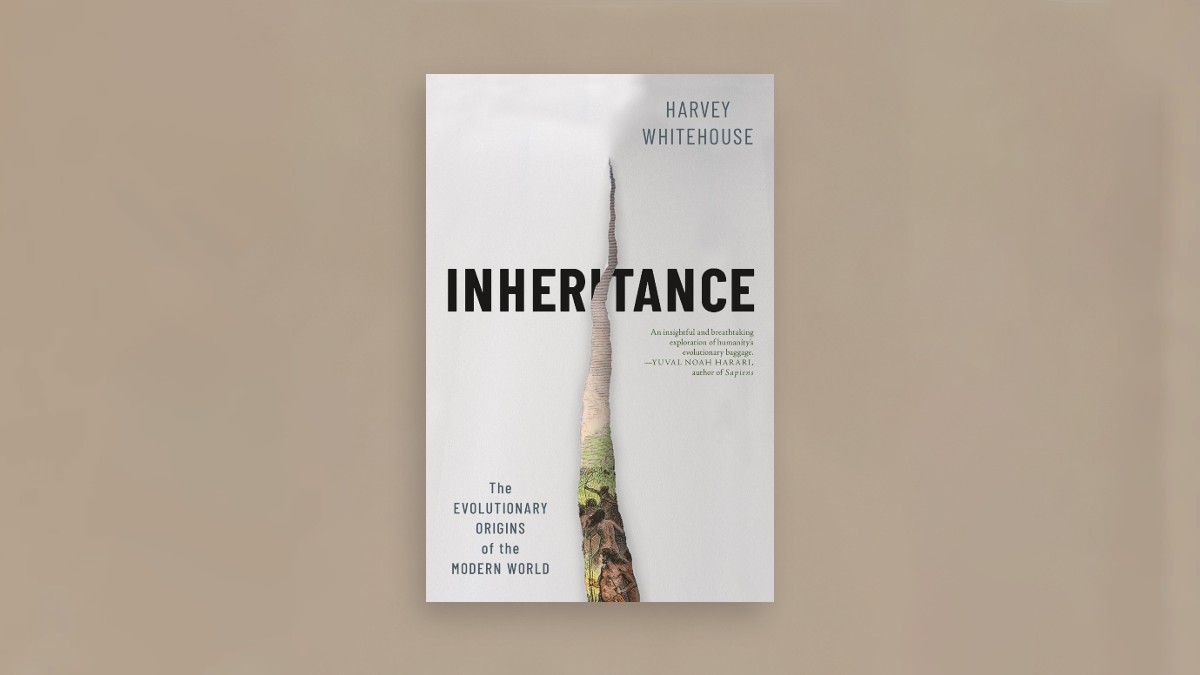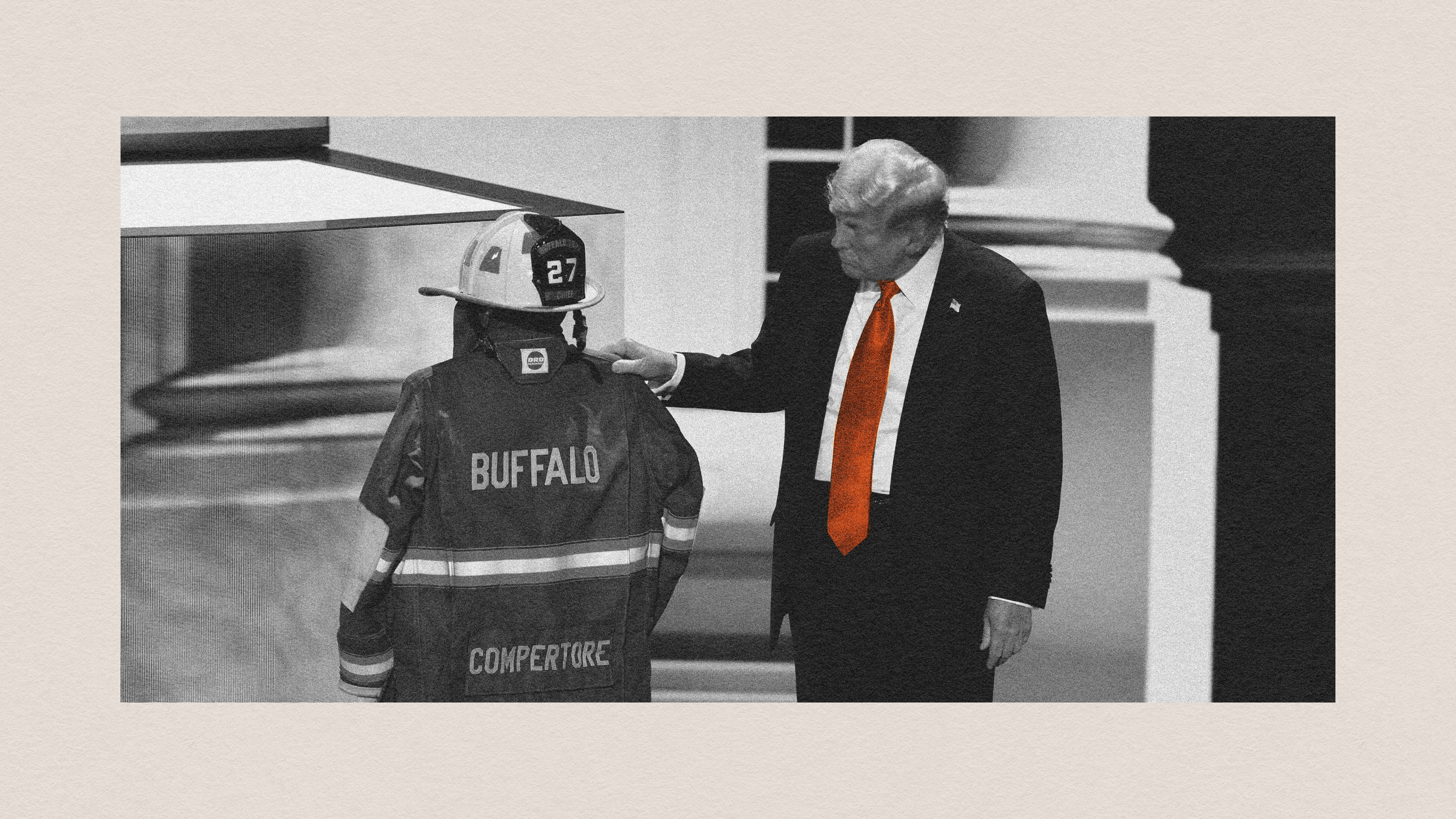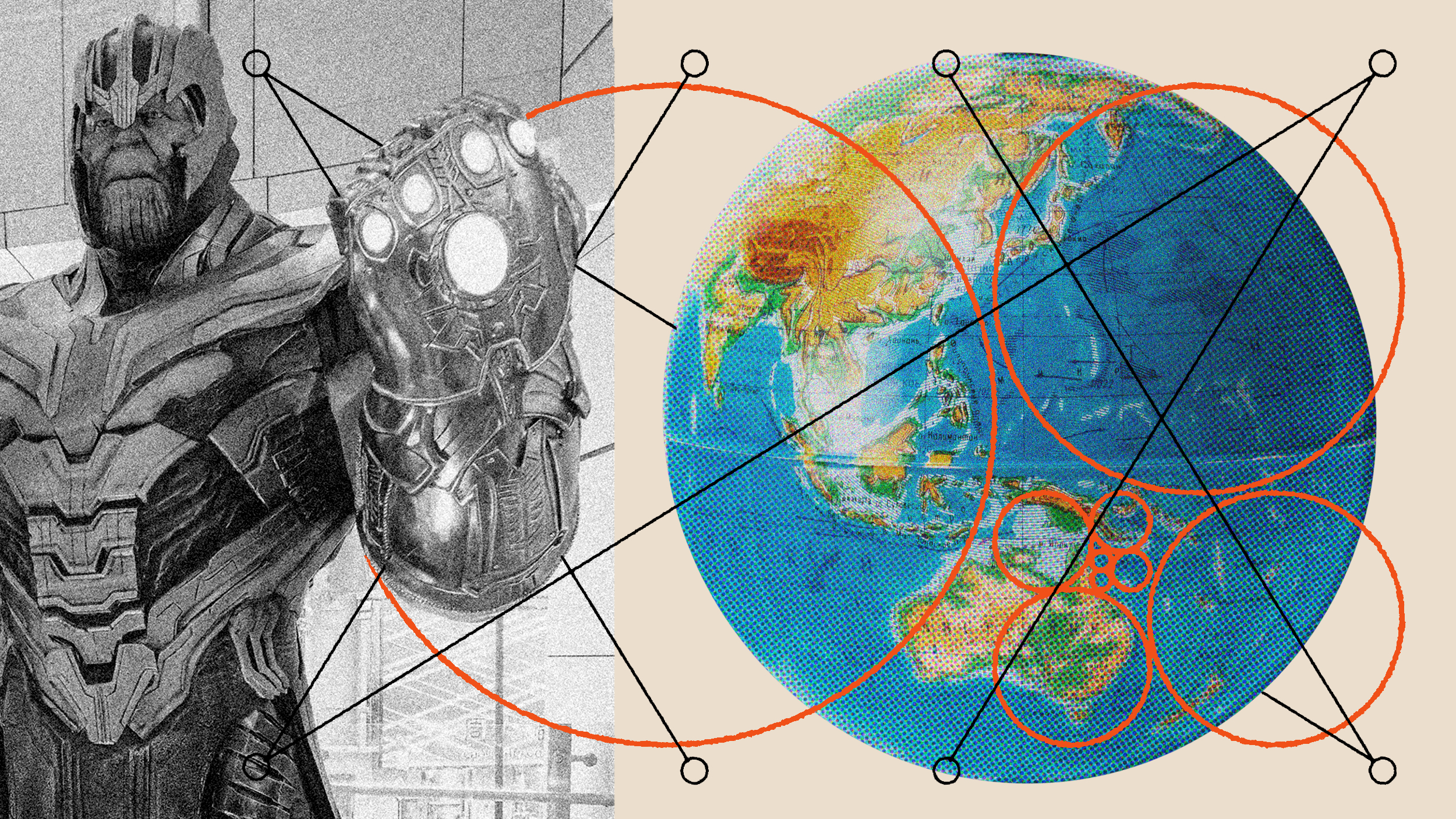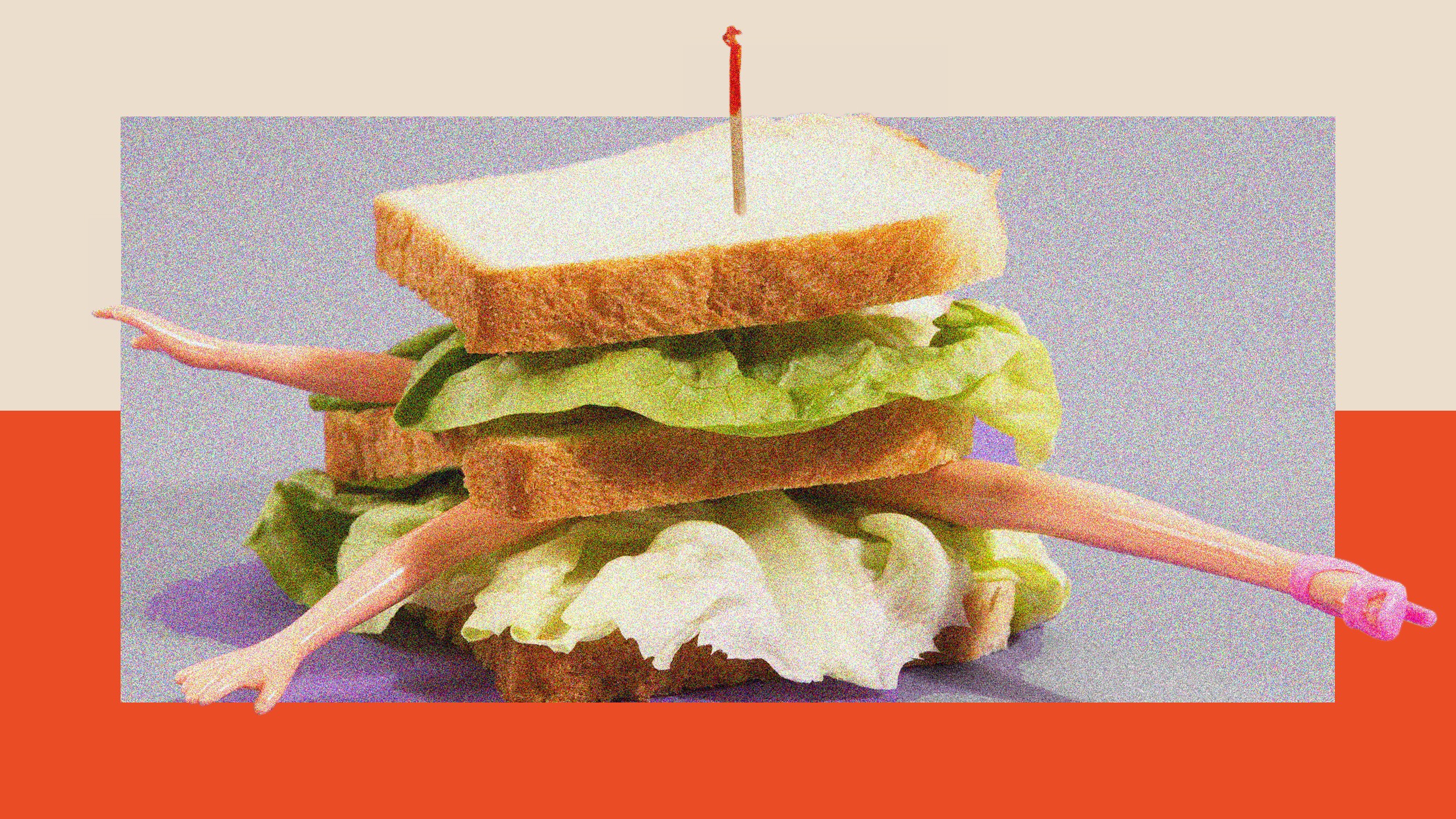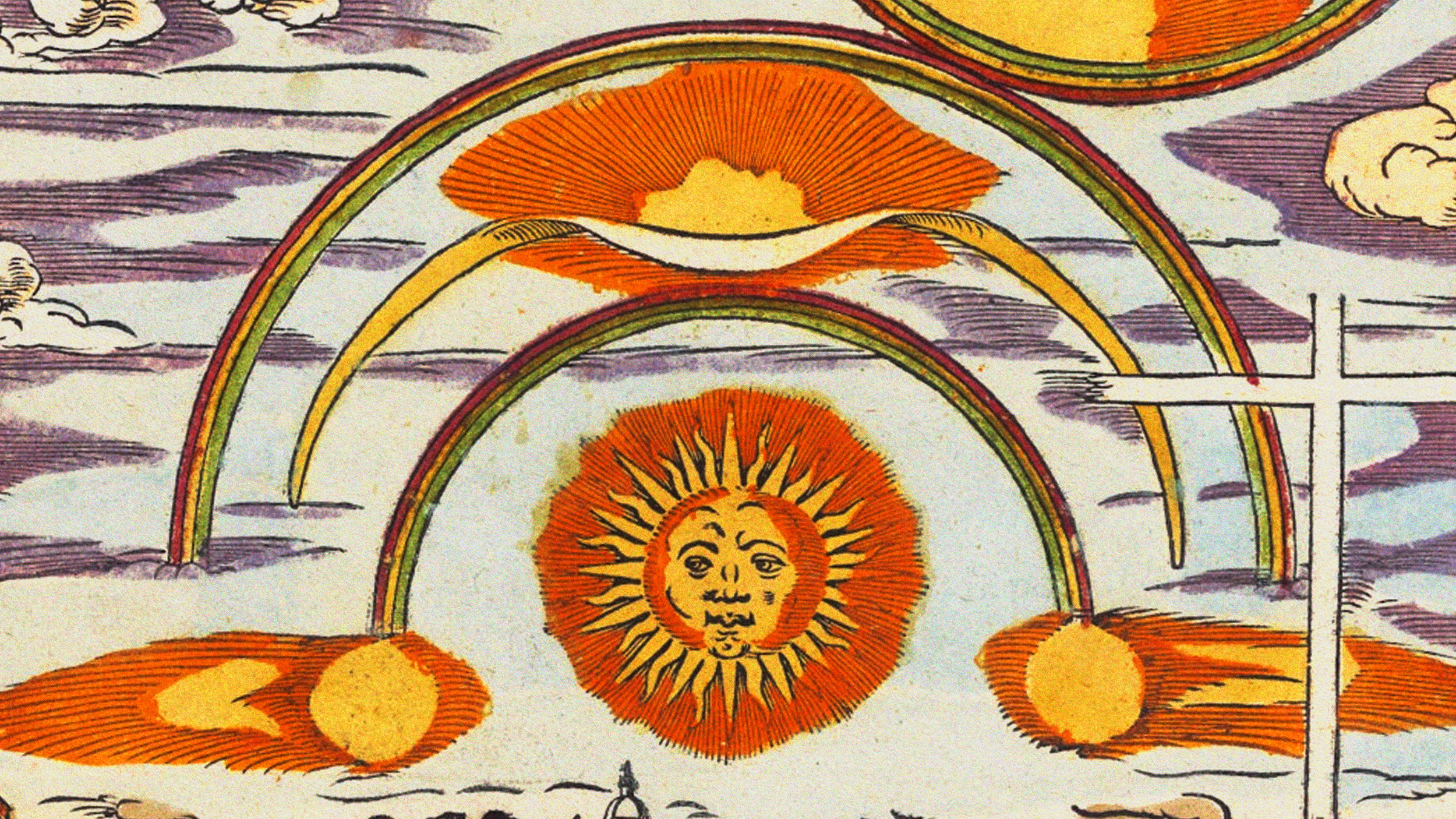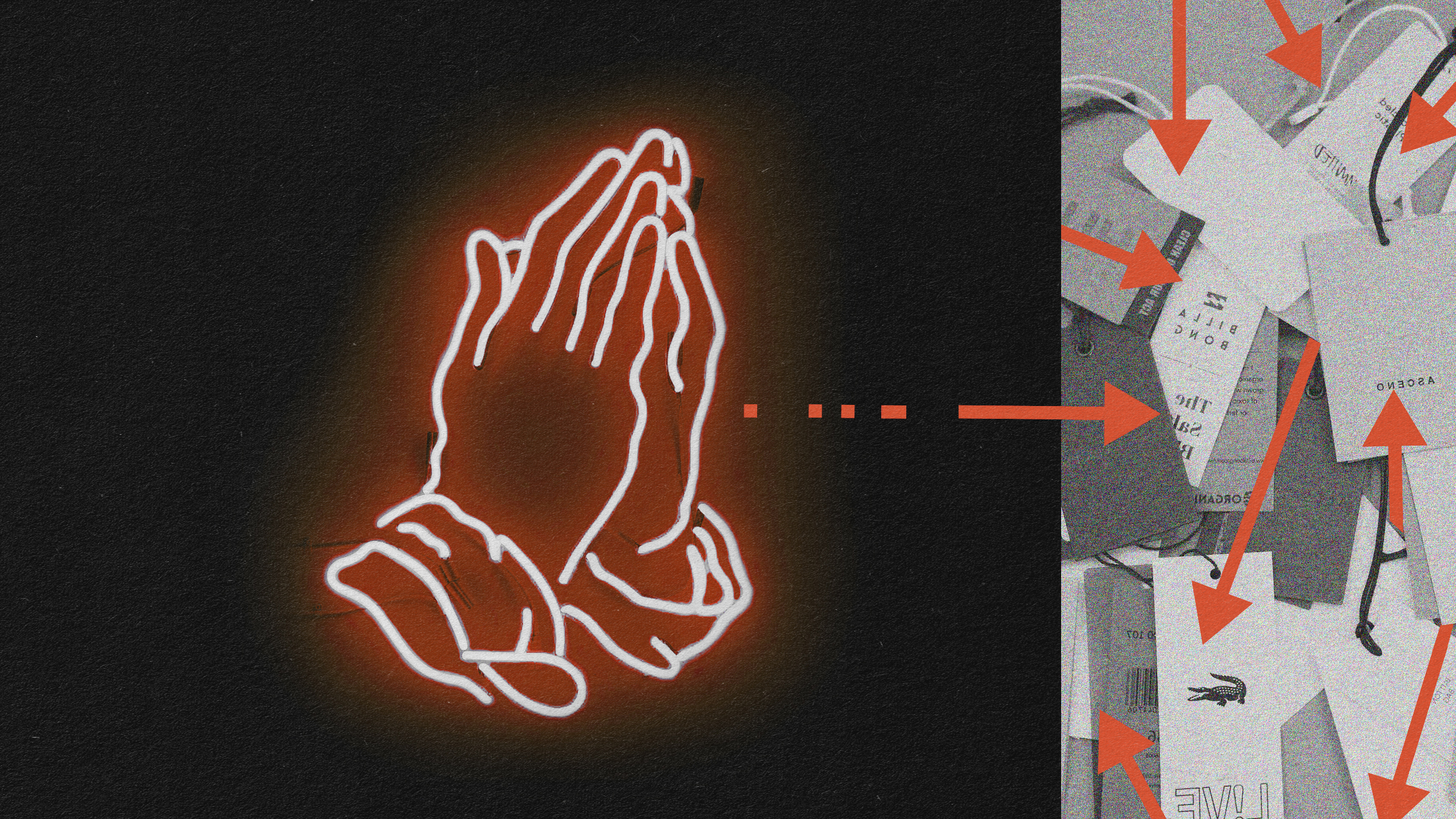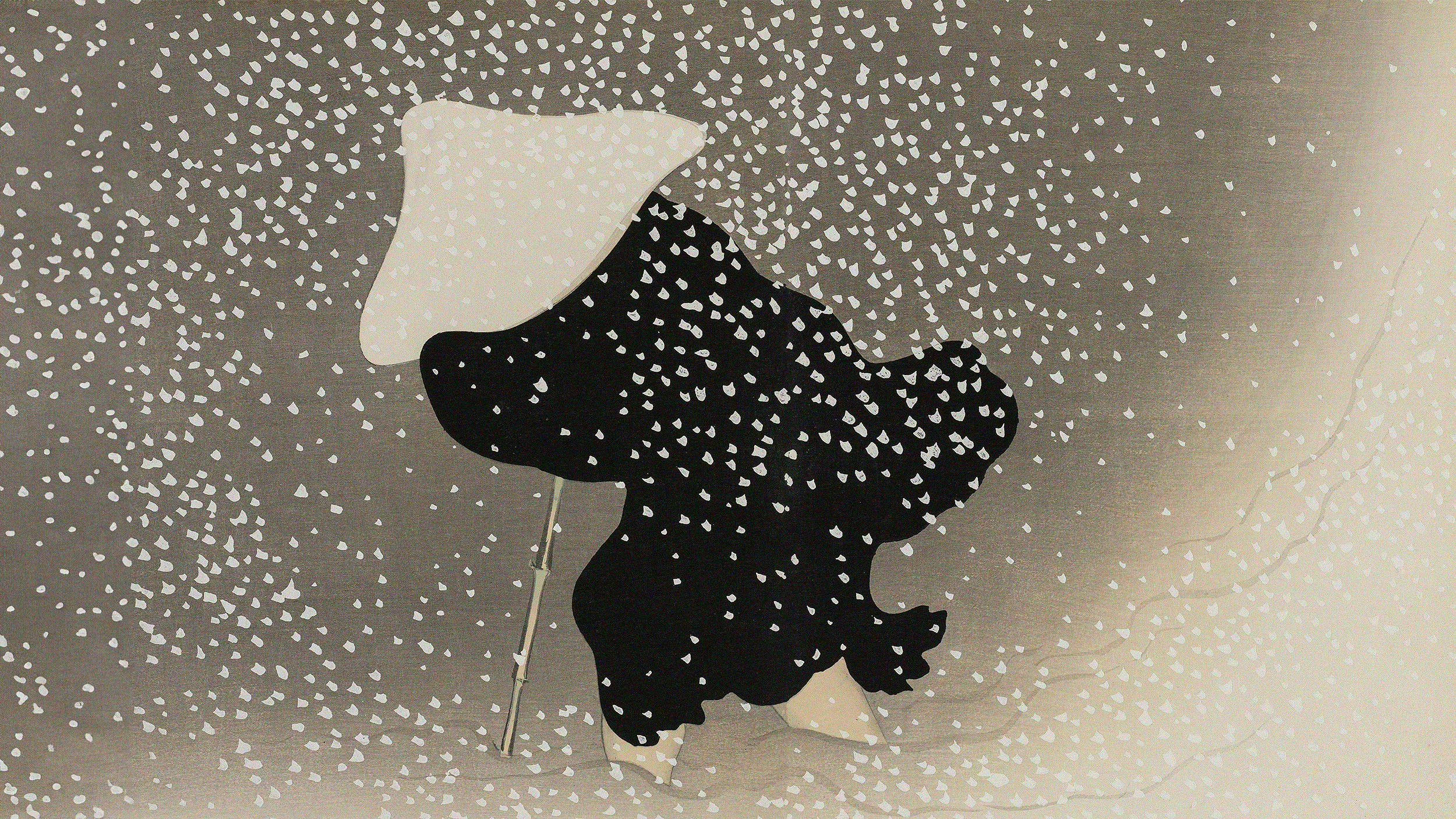religion
How we handle grief largely depends on our worldview. Here is how three famous philosophers handled the certainty of grief and despair.
An atheist’s case for why American democracy needs a more Christlike Christianity.
The Gospels aren’t historical biographies but genre-defining works that blend myth, theology, and a promise of hope.
Experts and Big Think writers recommend their favorite reads for diving deeper into the history and perspectives found in the Book of Books.
If you feel like you’re missing out on something bigger, you might be feeling saṃvega.
Pessimissts are never disappointed, but are they also kinder?
That Nietzsche quote might not mean what you think it does.
Harmony and moderation make for a happier life.
Buddhism has rules for slaying your enemies. But the real surprise is finding out who your enemies actually are.
Be more like Goldilocks.
Delirium is one of the most perplexing deathbed phenomena, exposing the gap between our cultural ideals of dying words and the reality of a disoriented mind.
From King Midas to Gordon Gekko, humanity has struggled to grasp greed’s true nature.
Grab a sword, a small plate, and a young child. We’ve got a demon to summon.
The tech world’s fixation on artificial intelligence has spawned beliefs and rituals that resemble religion — complete with digital deities, moral codes, and threats of damnation.
If you’re an atheist with a vocation, who laid that path for you?
People often say, “Let go,” or, “Don’t take things to heart.” But where’s the line with this philosophy?
The Sovereign State of the Bektashi Order would be just one quarter the size of Vatican City.
Oliver Burkeman — author of “Four Thousand Weeks: Time Management for Mortals” — tells Big Think about modern life lessons from a 6th-century monk.
Desire is like a drug. But is an addict always an addict?
Thinking of a number between one and ten? Here’s how predictable human responses create the illusion of telepathy.
Religion is a product of, and not a source of, our evolutionary moral dispositions.
Is it ever possible for God to violate the laws of nature?
Hospice nurse Julie McFadden shares three examples where people hold off death, just for a bit.
Is there a force keeping humanity in check?
Are fava beans and chianti really the best pairing for human liver?
Redemption is the journey towards becoming a better person. It’s the story of human life.
The acceptance of death is deeply embedded in our culture; it’s time to overthrow that idea.
God is not a vending machine, but is it wrong to treat him like one?
Sometimes you just want to hear, “I know what it’s like.”
Japanese thought can’t be easily characterized by just a few books — but this essential guide is a great place to start.


